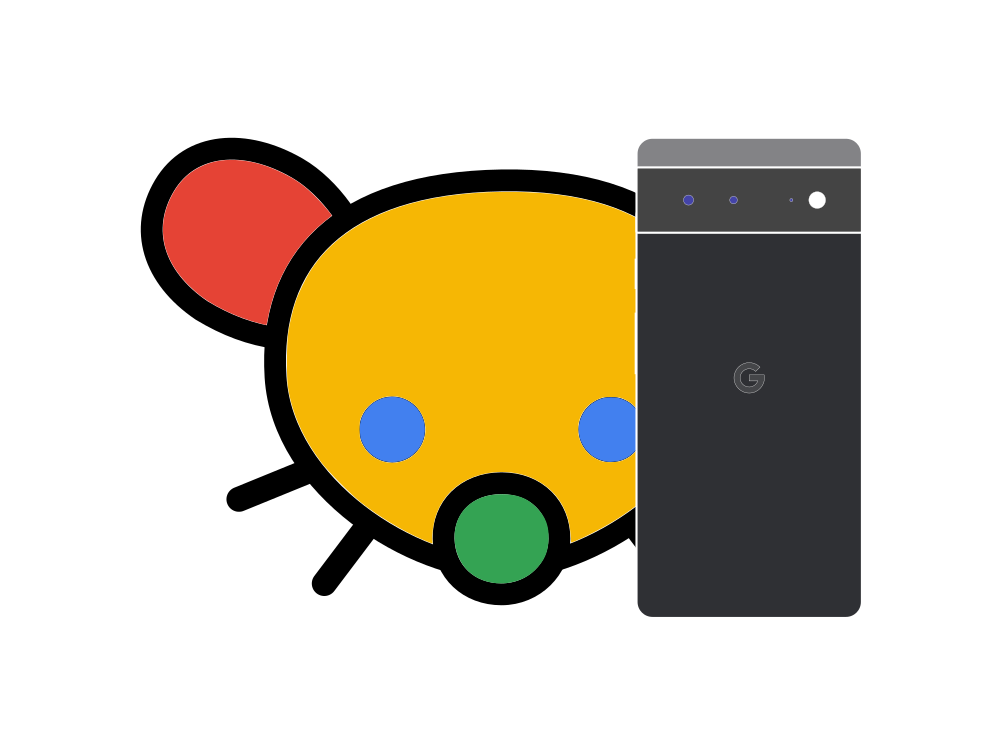This month is the final month of guaranteed major and security updates, and we already know Android 14 won’t land in the Pixel 4a (though it will in the Pixel 4a 5G as it has guaranteed updates until November).
So for those of you who own that phone, what do you plan to do with it? Are you going to keep using it for a couple more years without the updates? Install a custom ROM (which one?)? Or are you maybe planning to get a new phone (a Pixel?)?
If you still own an older Pixel phone, how are you keeping it alive?


I think part of this is that manufacturers don’t want to keep writing drivers for every new Android release. Not an Android dev, but maybe Google’s driver API is just not stable and keeps introducing breaking changes with every Android release, such that old drivers can’t work anymore? But even then, I still don’t get why that has to be the case. Linux still supports drivers for very ancient hardware.
Meanwhile desktop OSes can easily support 10+ years old hardware. So maybe Google should be putting some effort into standardizing mobile hardware and firmware enough to allow the same instead of ripping off their users. Maybe new laws that demand longer support time will force them to do that, but unfortunately I don’t think the 5 years demanded by the EU will be enough.
That’s actually exactly what they did and the reason that the new pixels (starting at 6) get 5 years of support.
It’s not much but it’s a start.
The whole effort is called project treble and has been underway for a loooong time. But it’s really hard because it affects every single Android vendor.
But what about that bass?
Best to drop it.
Linux is kinda infamous for not having any stable driver interface - it doesn’t really have a concept of drivers in the way Windows does, Linux drivers are just indistinguishable parts of the kernel and their only way to interact with the rest of the kernel is to use the internal kernel functions that have no stability guarantee.
The idea is that if someone wants to change any of the internal functions, they will also be expected to go and find all parts of the kernel that would be affected and update them to work with the change. That works great for “drivers” that are part of Linux, but it makes maintaining out-of-tree drivers a nightmare.
This isn’t going to get any better until either Linux gets a stable driver API (fat chance) or SoC manufacturers decide to release their drivers under GPLv2 and go through the effort of mainlining them into the kernel (also a fat chance - current situation works great for them and guarantees more sales of new SoCs).
Nah, Project Treble separated the driver and system stuff years ago.
You can just add a new system image to your existing drivers and away you go.